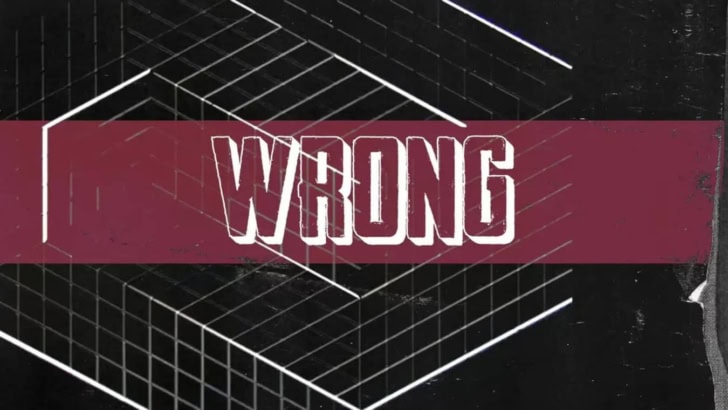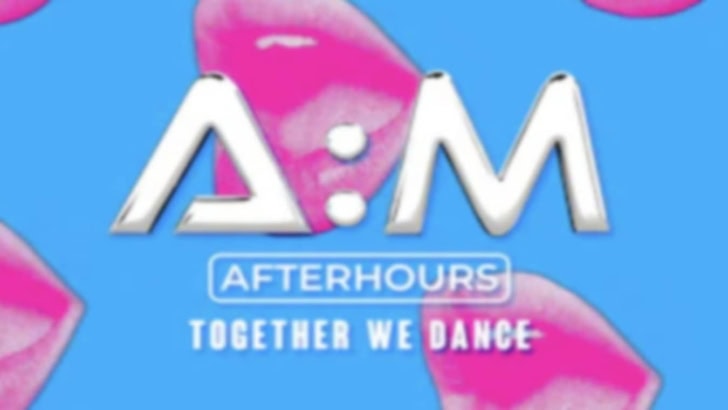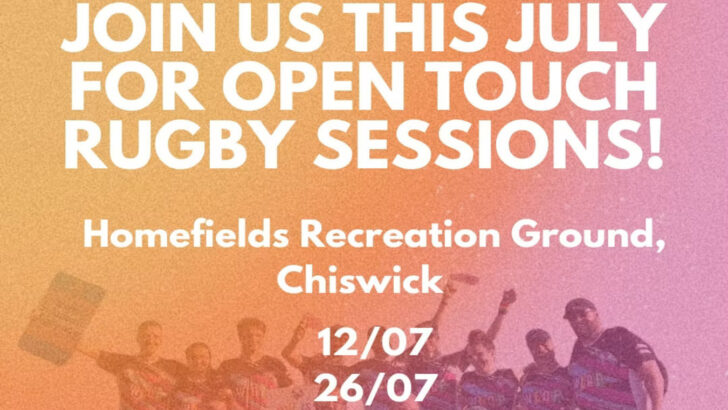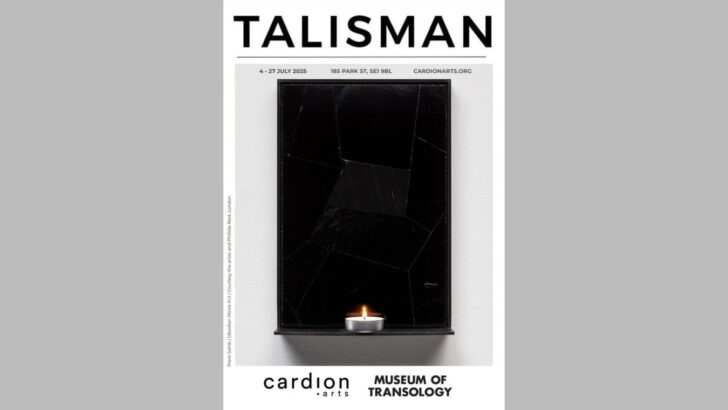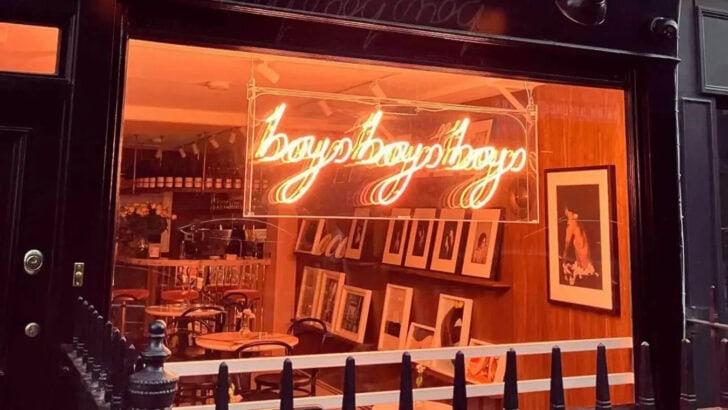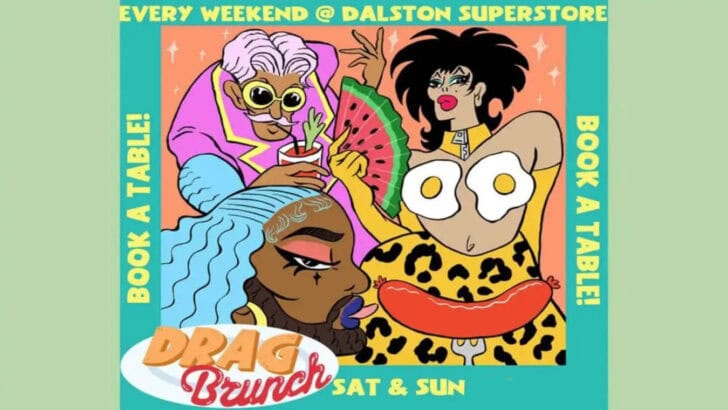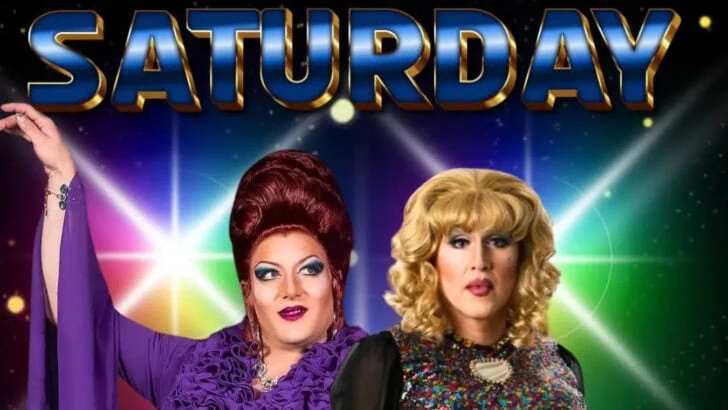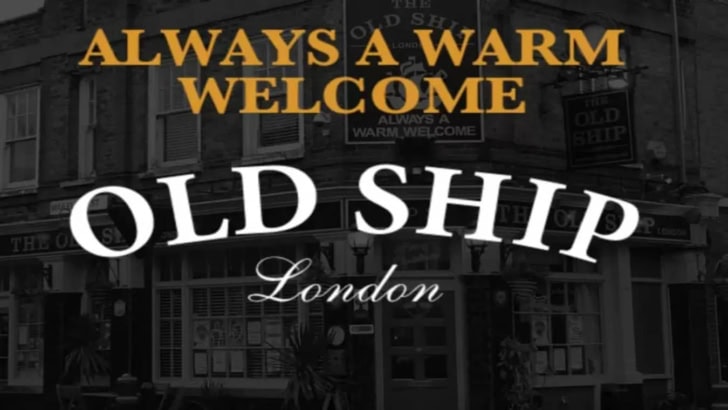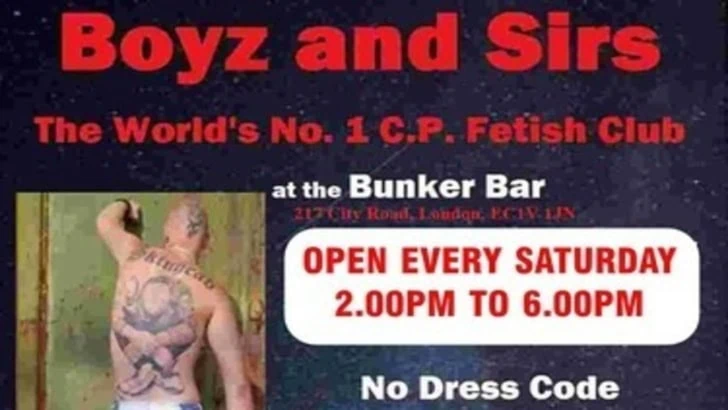What does being ‘mad’ mean in the gay community?
By Patrick Cash
Josh (not his real name) was the trophy boy of the gay scene. He was eighteen, sculpted like he’d strutted straight off a Room Service flyer. The boy went down a storm on the chillout scene, often literally. He didn’t seem like he was ‘typically’ gay: a short, street-style haircut; the sexy shaved eyebrow; an urban London accent.
Best of all, he was likeable: unexpectedly nice and friendly for somebody so attractive. He was quick to joke with a mischievous smile; oddly free from guile or any interest in scene bitchiness. Everybody wanted him and a lot of guys got him. Bags of meph were placed in his pocket as he walked past men in clubs.
Fast forward three years and Josh recently spent his twenty-first birthday under section on a mental health ward. He’s not quite an Adonis anymore, because one of the side-effects of the heavy medication he’s placed upon is weight gain. As they’re sedatives he sleeps a lot, too, and is noticeably slow and slurred in his speech.
He’s now been on the ward for three months and his recent appeal for early discharge was rejected. His parents didn’t attend the appeal.
Schizoaffective and multiple-personality disorder, combined with substance misuse and risky sexual behaviour, are a complex array of issues. No one on the gay scene was expected to give Josh a full mental health diagnosis. But the chems that were bartered in exchange for his perfect body, the HIV he picked up at age eighteen, and the fuck-and-throwaway culture he endured from older men, all exacerbated the fissures in his young mind.
“Do we see responsibility for health and disease as something collective; or do we reinforce the present obsession with individual behaviour?” – Aeon
Where his cracks originate from is Josh’s own story to tell, but suffice to say the rivets stretch far back into the early dark of his past, and even perhaps his ancestry. Aeon published a piece named ‘Plastic People’ where it stated: ‘Findings published recently in Science and in Nature [show] that sperm carry the marks of a man’s trauma and undernourishment, which leads to depression and metabolic glitches in his offspring.’
But the most interesting crux of that article, centring on an area of science named epigenetics, is where it claims: ‘We embody the stressful or stress-relieving aspects of our work and family life, socioeconomic status, racial privilege, trauma and war, and our experience of the built environment… Do we see responsibility for health and disease as something collective; or do we reinforce the present obsession with individual behaviour?’
We have to admit, the London gay scene was a large part of Josh’s environment. It was also the environment of ‘Stuart’, the boy who was smoking and slamming Tina until he lost his teeth. I interviewed Michelle Thornber-Dunwell, the former owner of the Vauxhall Tanning Shop, last year on how she stepped in to try and help this boy living his life like a Ferrari car crash. She took Stuart back to his mother in Cambridge.
‘Can’t you just put him in a hospital somewhere?’ said the very upper-middle-class mum. ‘I’ve got things to do, my dog has just had a litter of 14 puppies.’
Family upbringing can be pivotal to a sense of balanced wellbeing. Before his section, Josh spoke to us last year of being outed as gay at age fifteen to his ethnic minority household: ‘My Mum did the talking on behalf of my Dad and it was like ‘get out of the house, get out of the house!’’ In a new report by The Albert Kennedy Trust released this week, parental rejection and homelessness are cited as a leading cause of mental health issues in LGBT youth.
Most gay guys, thankfully, have more accepting parents than the stories told here; and Josh’s parents did eventually ask him home after throwing him out, and do visit him now on his ward. But almost everyone has been through the experience of hiding away their sexuality and, with it, their sense of self. David Stuart has spoken eloquently to QX before of how this fear of the closet door being opened can have damaging consequences for fragile, formulating young identities:
‘[Gay men] were pretending to their Mum and Dad that they were straight, or they were pretending at school so that they wouldn’t get bullied; they were acting straight, they were trying not to act camp, trying not to act effeminate, performing all the time. It’s a hyper-vigilance about being discovered, about being rejected. That’s a very unhealthy way for a child to spend every minute of their young life.’
Put a number of people with traumatic upbringings together into a room and you’d expect a certain amount of dark thunderclouds to gather. But hang a rainbow flag over the door, throw on some Kylie and crack open a bottle of Smirnoff, and you’ve pretty much got a modern gay bar. We each bring all our shameful hiding away of our sex to this environment, and wallpaper it over with gorgeous hard-bodied sex gods on every screen, without addressing the cogs inside.
“Put a number of people with traumatic upbringings together into a room and you’d expect a certain amount of dark thunderclouds to gather. But hang a rainbow flag over the door, you’ve pretty much got a modern gay bar.”
Then we wonder why so many gay men take chems for sex?
In his book Chasing the Scream, exploring the origins of the War on Drugs, gay journalist Johann Hari touches upon an experiment conducted into rats. Some rats were put into cages alone and other rats were put into Rat Park, a paradise for rats, with plenty of other rats. Both sets of rats were given access to a morphine drip. The lone rats killed themselves through addiction, but the rats in Rat Park used the drip sparingly.
‘If your environment is like Rat Park – a safe, happy community with lots of healthy bonds and pleasurable things to do – you will not be especially vulnerable to addiction,’ writes Hari. ‘If your environment is like the rat cages – where you feel alone, powerless and purposeless – you will be.’ Hari writes later in the book how childhood trauma and feelings of isolation are central factors to later drug use.
It’s not our fault what’s gone before, this is not a blind call to man up, sissies. But these are our collective mental health issues. Partly, they are influenced from a wider isolation that spreads all through consumerist Western society. Bruce Alexander, the scientist who conducted the Rat Park experiment, states that ‘our hyperindividualistic, frantic, crisis-ridden society makes most people feel socially or culturally isolated. Chronic isolation causes people to look for relief.’
However, we could go forwards as a community and change, creating those healthy bonds and a safe, happy space for each other. Gay Park. I do sometimes wonder if Josh or Stuart, after experiencing parental rejection, had come into a more caring environment things might have worked out differently for each of these boys. The one person on the gay scene who took it upon herself to care for Stuart was a straight woman.
We all know kindness and know that it is a pleasurable experience both to give and receive, casual gay sex reference completely intended. It’s possible to be funny without being cruel. When a drag queen picks out the fat guy in the crowd as her target and we all laugh; that’s a sign of our mental health. When we pretend not to know somebody we’ve definitely met before in a bar; that’s a sign of our mental health. When we feed boys chems for their beauty but don’t care about their minds; that’s our madness.
• ‘Let’s Talk About Gay Sex & Drugs – Madness’ is an open community forum for anybody to come speak or listen, alongside featured performers and speakers. We will have a theme (non-obligatory) of mental health amongst the gay community for the next event on Thursday 12th March at Ku Klub (30 Lisle Street, WC2H 7BA), 6.30pm. Free entry. www.facebook.com/LetsTalkAboutGaySexAndDrugs
• The Albert Kennedy Trust supports young LGBT people facing homelessness: www.akt.org.uk
• ‘Chasing the Scream’ by Johann Hari is available from Bloomsbury Circus. www.bloomsbury.com
• David Stuart is Lead Substance Use Advisor at Soho sexual health clinic 56 Dean Street, W1D 6AE.
• Pace is a leading LGBT+ mental health charity: www.pacehealth.org.uk
• MindOut is the LGBT mental health project for Brighton & Hove: www.mindout.org.uk


